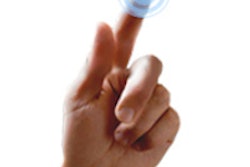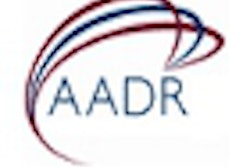Scientists seeking to predict a person's risk for developing dental caries by identifying the presence of harmful oral bacteria have to date identified only about 800 of the thousands of microbes residing in the human oral cavity.
But now a multimillion grant from the National Institutes of Health (NIH) to the J. Craig Venter Institute, in collaboration with the New York University (NYU) College of Dentistry, is underwriting a four-year study that utilizes a new genetic sequencing technique to speed the process of identifying those remaining bacteria that play the most important role in tooth decay.
The principal investigator on the grant is Scott Peterson, Ph.D., director of functional genomics research technology for the Venter Institute. Walter Bretz, D.D.S., Ph.D., an associate professor of cariology and comprehensive care, is the principal investigator on a subcontract of the grant awarded to the NYU College of Dentistry.
"The new technique, known as enrichment gene sequencing, will enable us to uncover the existence of many more species than those that have been identified so far with traditional sequencing," Dr. Bretz said in a press release. "Traditional sequencing quickly reaches a saturation point at which it can no longer uncover new species. By enriching the genomic DNA, we can make way for additional species to surface."
Enrichment gene sequencing will also enable the investigators to ascertain the role of each microbial species, so that it can be classified as either a "bad" one that contributes to tooth decay or a "good" one that helps to prevent the disease.
Samples for the study will be drawn from 100 pairs of twins, ages 6 to 18, selected from a database of 1,500 twin pairs developed by Dr. Bretz for the Twins Institute for Genetics Research in Montes Claros, Brazil. Half of the paired twins in the study have caries, the other half are free of the disease. Because they live together and have similar dietary habits and health practices, twins are considered excellent subjects for research that compares caries development in people of the same age from similar environments.
"The oral microbial profile we develop will enable us to predict which of the twins are likely to develop caries, and which will remain healthy," Dr. Bretz said.
Copyright © 2010 DrBicuspid.com



















